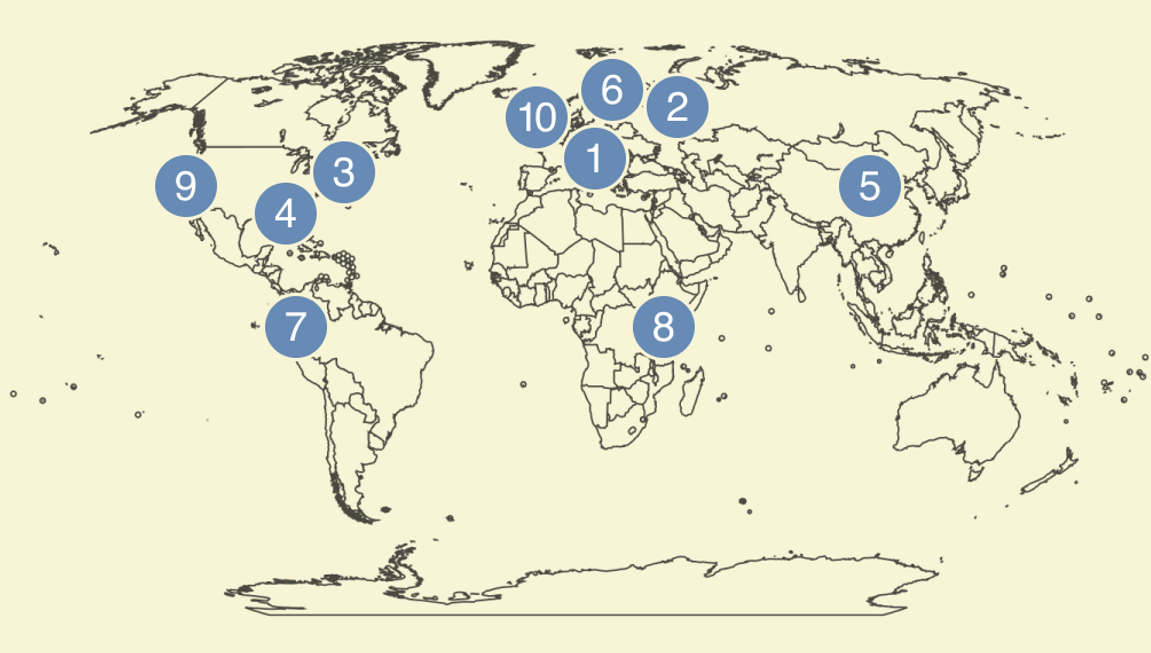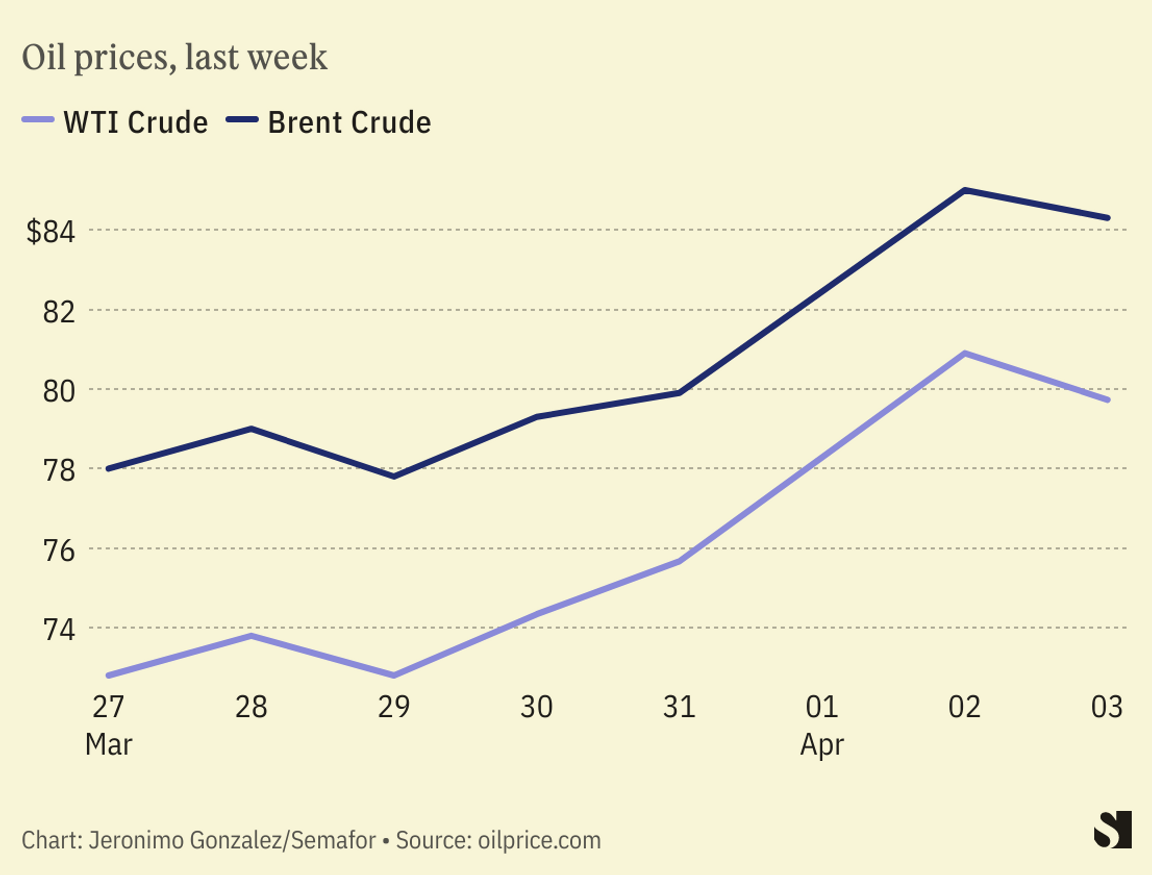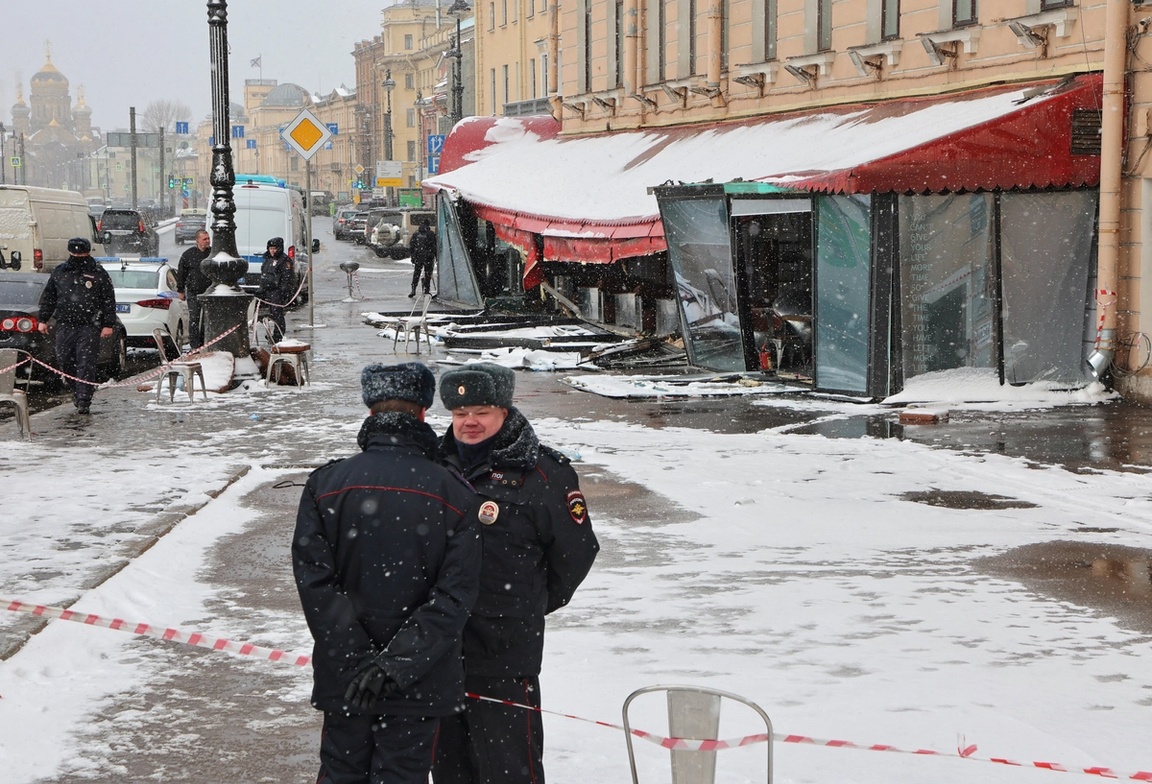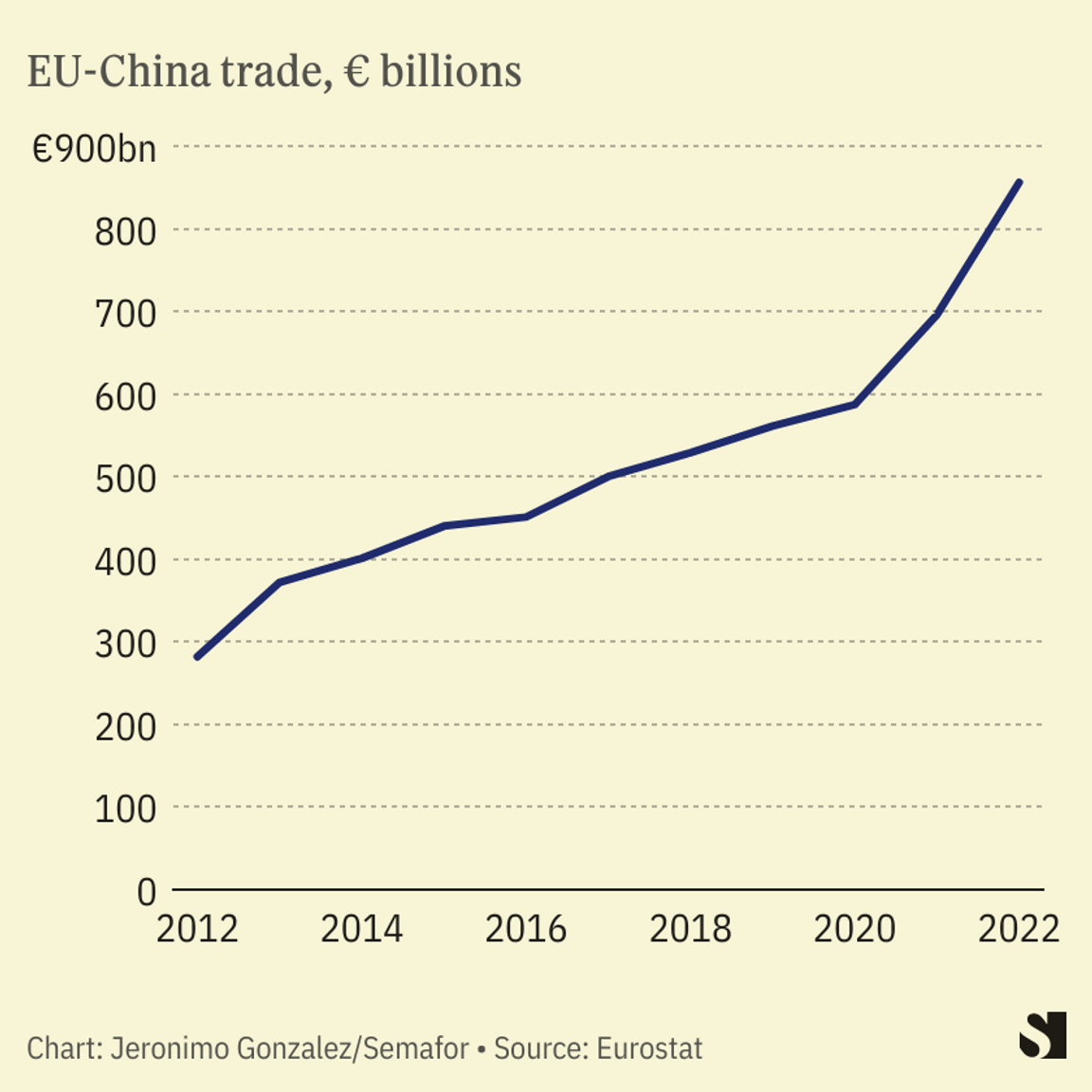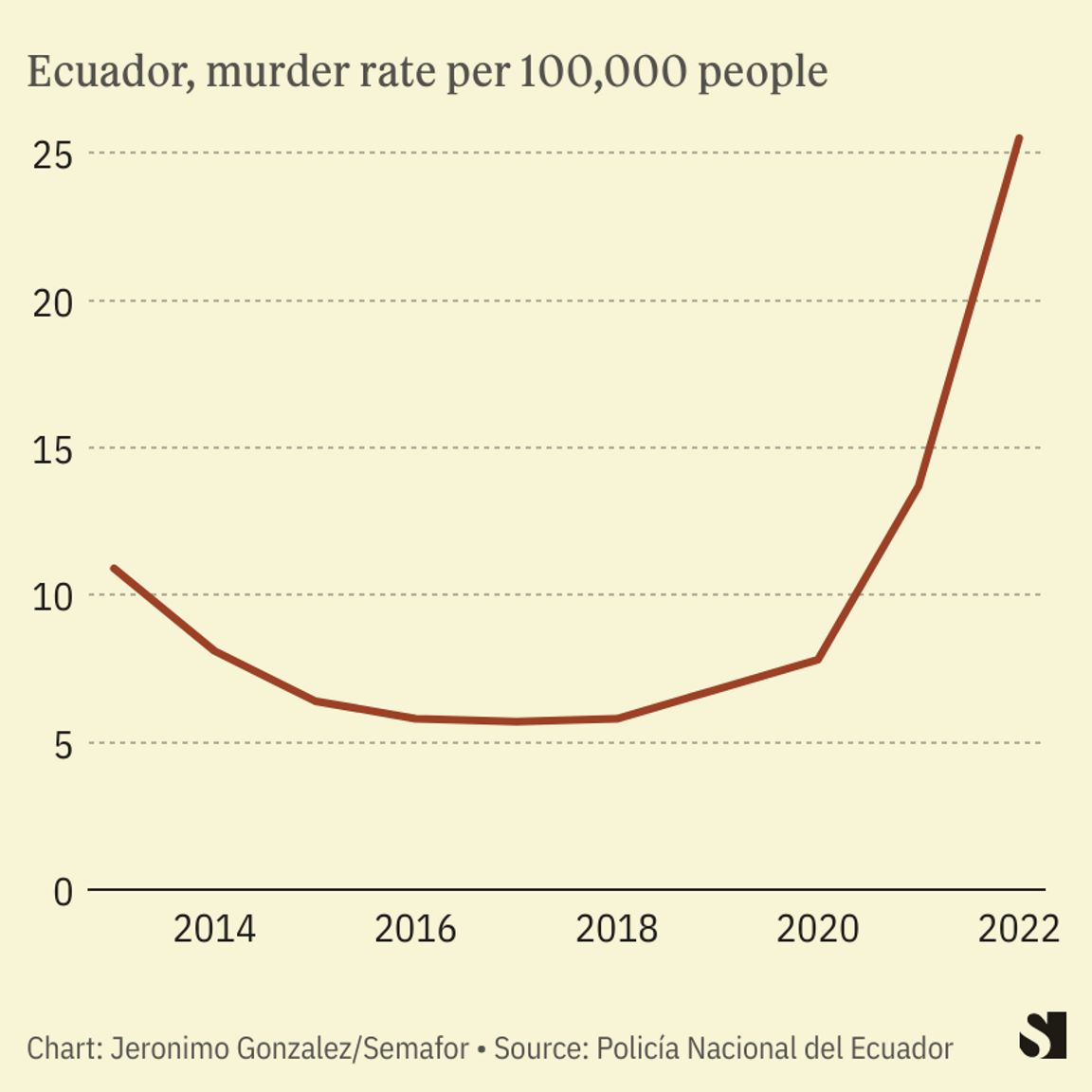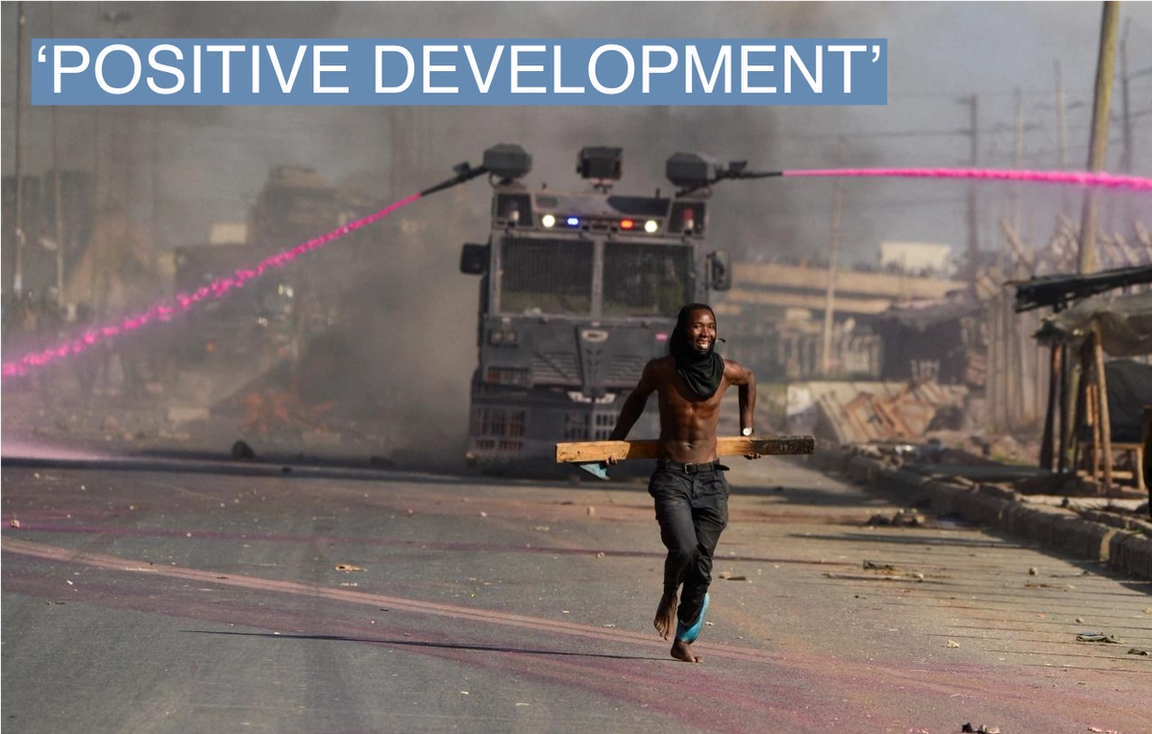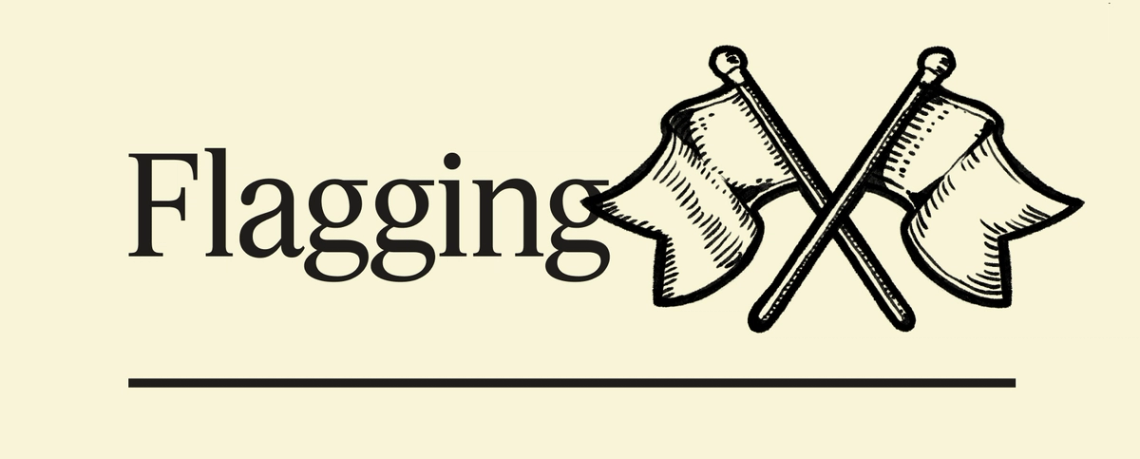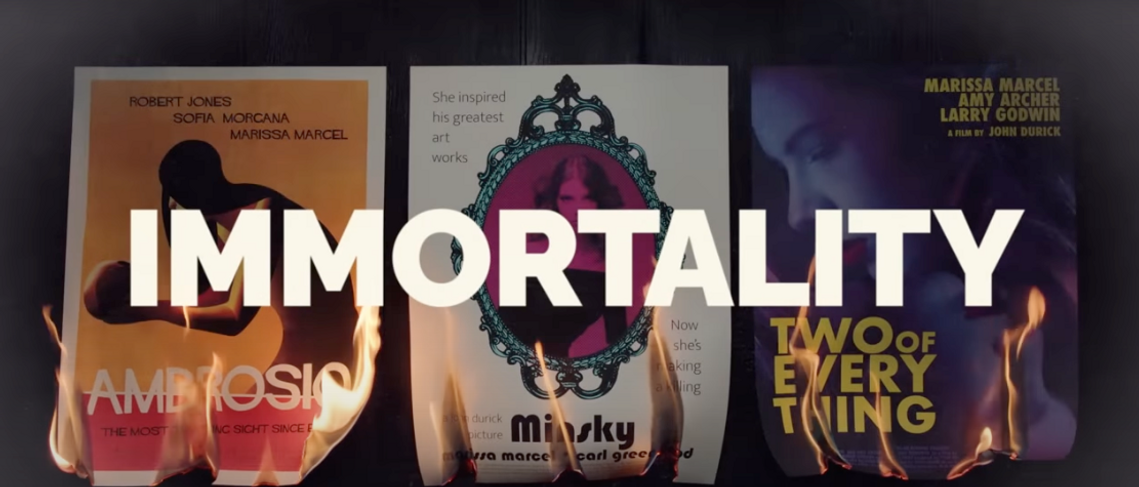 Nuclear’s real fallout Nuclear power is far too safe, argues Jack Devanney, a former nuclear engineer. It’s a jarring thing to read: What about Chernobyl? What about Fukushima? But, he says, the evidence is clear. Comparing the amount of money we’re prepared to spend to save lives elsewhere, the concerns over nuclear energy are wildly disproportionate to the risks. Devanney cites a study comparing the cost per life-year saved by various interventions. Some vaccination programs can save a year of life for around $10. Smoke detectors, mandatory seat belts, and motorcycle helmets cost up to around $1,000 per life-year. But nuclear safety regulations cost the industry, Devanney says, over a billion dollars per life-year. It’s driven the cost of nuclear up, meaning that far more deadly coal is still widely used: 100 million life-years are lost annually to particulate pollution. Society should be willing, he says, to accept the occasional Three Mile Island-style accident as a price worth paying for cheap, clean energy. Maybe Americans don’t hate America A poll result went viral a few days ago: A Wall Street Journal-commissioned survey which found that the percentage of U.S. citizens who said patriotism, religion, community involvement, and having children were “very important” to them had all dropped hugely since 2019. Commentators blamed it on a variety of things, including social atomization, smartphones, and wokeness. But there’s a simpler explanation, says the pollster Patrick Ruffini: The poll result is a statistical artifact, created by the fact that polling moved from a telephone survey to online. On the phone, to a human, people’s answers are often calibrated to make them “look like an upstanding citizen.” Online they’re more honest. Looking at Gallup trends, using polls with a consistent methodology, the percentage of people who say they’re “proud to be an American” has dropped slightly in the last four years, but not dramatically. ChatD&D Software engineer Obie Fernandez and his kids played a game of Dungeons & Dragons using GPT-4 as the Dungeon Master, and it seems to have been amazing. The AI created a world called Velyria placing four adventurers in the “bustling city of Aelondar,” starting in a seedy tavern and ending up in a dungeon: The classic D&D progression. D&D is a tabletop game, played with dice and pieces of paper, and DMing (Dungeon Mastering) is a difficult skill, involving creativity and improvisation, to turn dice rolls and character stats into a narrative. Flagship’s Tom is fascinated by the idea of using ChatGPT, with graphics-creating AI systems which will probably be along in a few months, to create bespoke video games: “Build me a role-playing game, featuring a murder-mystery-solving monk in Tudor England,” or “Build me a first-person shooter set in a near-future China under attack by reptilian aliens.” |


